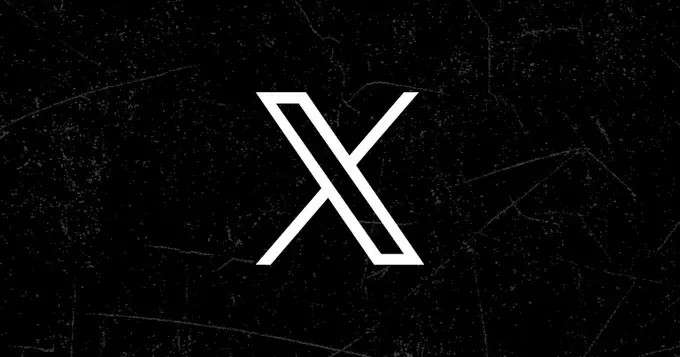In an increasingly interconnected global landscape, the clash between regulatory bodies and corporate giants has reached an alarming apex. Elon Musk’s social media platform X, previously known as Twitter, finds itself in a precarious position as it navigates the contentious waters of the European Union’s Digital Services Act (DSA). With the EU Commission reportedly considering a staggering $1 billion fine for alleged violations, the implications of this decision extend beyond mere monetary penalties; they may significantly influence U.S.-EU relations, and Musk’s intricate ties with American politics add another layer of complexity to this unfolding saga.
The Nuances of Regulation: A Call for Accountability
The motives behind the EU’s push to impose stringent penalties are grounded in the necessity for accountability. As society continues to grapple with rampant disinformation, especially concerning sensitive issues like terrorism, nations have found themselves on the front lines of digital misinformation. The EU’s DSA is a pioneering attempt to regulate online platforms by instituting strict measures against harmful content. Musk’s X, according to reports, is believed to have fallen short of these expectations, particularly in its approach to moderating content that pertains to significant global events, such as the Hamas attacks against Israel.
The EU’s investigation into X, which commenced in 2023, should be seen as a proactive stance aimed at reforming digital landscapes rather than an arbitrary attack on a U.S. company. By subjecting X to a formal infringement proceeding, the EU has underscored an essential point: the obligation of platform providers to ensure their environments do not serve as breeding grounds for illicit or misleading content.
Musk’s Dilemma: Business Under Siege
While regulatory bodies request compliance, the reality for Musk’s X is notably grim. Financial reports indicate that since Musk’s acquisition, X has seen a downward spiral in advertising revenue, complicating the prospect of absorbing a hefty fine. Furthermore, the platform’s precarious financial situation, combined with its ongoing restructuring efforts, adds significant strain on its ability to effectively respond to such regulatory challenges.
Amidst this turmoil, the partnership with xAI may offer a glimmer of hope for revitalization, yet the likelihood of successfully contesting a billion-dollar fine remains questionable. Social media is a volatile industry, where maintaining user trust and advertiser support is crucial. The aftermath of regulatory scrutiny could further hinder X’s precarious position, especially as many advertisers tread cautiously in a rocky economic climate.
The Political Web: Trump’s Influence and Rebellion Against the EU
The potential ramifications of the proposed fine are amplified by the intricacies of U.S. politics. Elon Musk’s well-documented relationship with former President Donald Trump could bring a political dimension to the EU’s regulatory battle. The Trump administration has already expressed concern over what it perceives as overreach from regulatory entities such as the EU, which it views as an attack on free speech and an implicit threat to U.S. business interests.
Recent comments from figures like the newly appointed FCC chairman, who criticized the DSA as incompatible with America’s free-speech traditions, illustrate a growing discord between U.S. ambitions and European regulatory frameworks. As the Trump administration continues to assert a strong stance against “unfair” foreign deals, the dilemma facing X may evoke a retaliatory response—potentially igniting a trade war centered on digital services.
The Crucible of Reaction: A Turning Point for Digital Governance
Elon Musk’s X currently teeters on a precipice where multiple interests converge—the pressing need for social media accountability; the survival of a struggling company; and the embattled legacy of transatlantic relations. Musk’s quest for support from U.S. political figures may offer temporary relief, yet systemic change looms larger. The outcomes of this battle could deepen the ideological rift around digital governance.
As heightened tensions unfold, a clearer picture emerges—a landscape fraught with uncertainty, where accountability and political maneuvering clash. The EU’s resolve to impose penalties on X is not simply a matter of financial retribution; it signifies a power struggle. Whether X can satisfy the demands of the DSA while retaining its competitive edge remains to be seen, but one truth stands clear: the digital domain is a battleground, and its players must adapt or risk irrevocable consequences.

